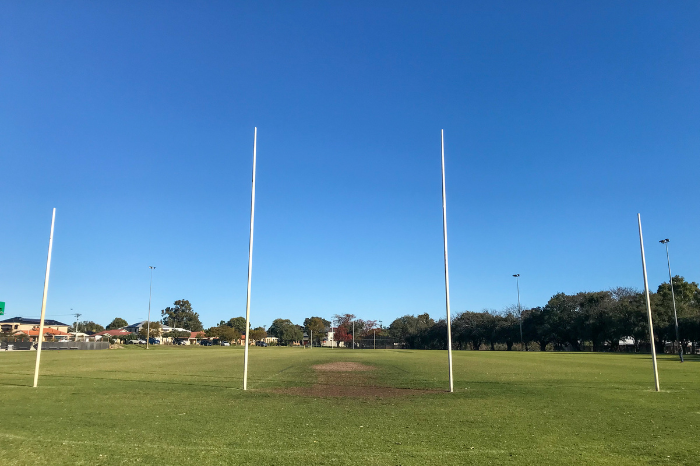
Have you ever left an appointment with a therapist, specialist or service provider and wondered: ‘What did we just talk about?’? Or maybe you’ve thought of another excellent question on the way home – only it was too late to ask!
Well wonder no longer.
There’s a technique called ISBAR – a mnemonic (the name for a pattern of letters designed to jog the memory) – which is commonly used in healthcare settings to help doctors and nurses communicate with patients and caregivers. But as healthcare consumers – or clients of disability service providers – we can hack ISBAR and use it to get the most out of our provider appointments!
Let’s break it down.
Introduction/Identify
Situation
Background
Assessment
Recommendation
So, how do you use it?
Introduction/Identify – tell the professional you’re meeting with your name and date of birth (or tell them those details about the person you’re supporting).
Tip: If you’re a caregiver, this is also a great opportunity to introduce the professional to the person you’re supporting, to ensure communication about them is directed to them and they’re always included in the conversation – accidental ableism is still ableism, after all!
Situation – outline your disability and/or health history and diagnoses, why you’re at the appointment, what you want to get out of it, and anything else noteworthy or concerning that’s been happening.
Is this a routine appointment, one you’ve been waiting for, or is it urgent or important?
Try to be specific about your situation and when any issues started or changes were noticed, so the person you’re meeting with knows why the appointment matters to you. If it’s a routine appointment, think about the progress you’ve made since you last caught up, and any milestone events.
Background – this is the time to give a brief history and background, especially if you’re seeing someone new or discussing your needs for the first time.
Whether the appointment relates to disability, health or support needs, try to explain what life’s like from your perspective, what outcomes you’re after, and which strategies you’ve already put in place to address or manage the circumstances that have brought you to the appointment.
Do you have any other disabilities or health conditions that are relevant to what’s happening today? If you do, make sure to share them.
It’s good to be clear with the professional you’re meeting with and to tell them about the support you’re looking for and how they can assist you.
Assessment – it’s really important to talk about anything relevant that you’ve noticed.
Have you seen an improvement or decline in your ability in a particular area? Do you need more support than you did a year ago – or are you feeling more independent these days?
Has there been a deterioration or alteration in your health or disability? Are there new challenges, signs or symptoms you’ve experienced? Does anything improve the situation – or make it worse?
The more you share, the better the person you’re meeting with can support you, so try to be as open as possible.
Recommendation – as the expert in your own life and needs, do you have anything you’d like the professional to consider before a support is recommended or a treatment plan is developed?
What were you hoping to get out of the appointment? Is it a program of supports, a referral to a specialist, a letter of recommendation for assistive technology, or perhaps another appointment to test for a specific symptom? Whatever it is you’re hoping for – tell the professional you’re meeting with and discuss why it’s important to you.
Of course, as laypeople, we can’t just demand medical or allied health interventions and supports – but we can advocate for ourselves and explain why we believe something is important.
And voila – that’s ISBAR! You’re done.
But wait!
Do you have any other questions?
This is where a small notebook or the notes app in your phone or tablet can be handy.
It’s almost impossible to remember everything. It's even less likely your memory will be operating at full capacity if you’re in a stressful situation – and appointments often go hand-in-hand with other stressors like taxi bookings, traffic battles, finding a park, finding the right appointment location, waiting times in waiting rooms… the list goes on.
That’s why, if you know you’ve got an important appointment coming up, any time you think of a question or comment… write it down. Straight away. Don’t delay. Don’t rely on your memory. Grab your notebook or your phone or tablet and write it down.
You could even email it to yourself and/or the person going to the appointment with you, so everyone has a copy (just be sure to search your emails and have all your questions in one place before you go). You can use your questions to help populate your ISBAR or just save them to the end.
Now please, go forth to your next appointment and be empowered!


